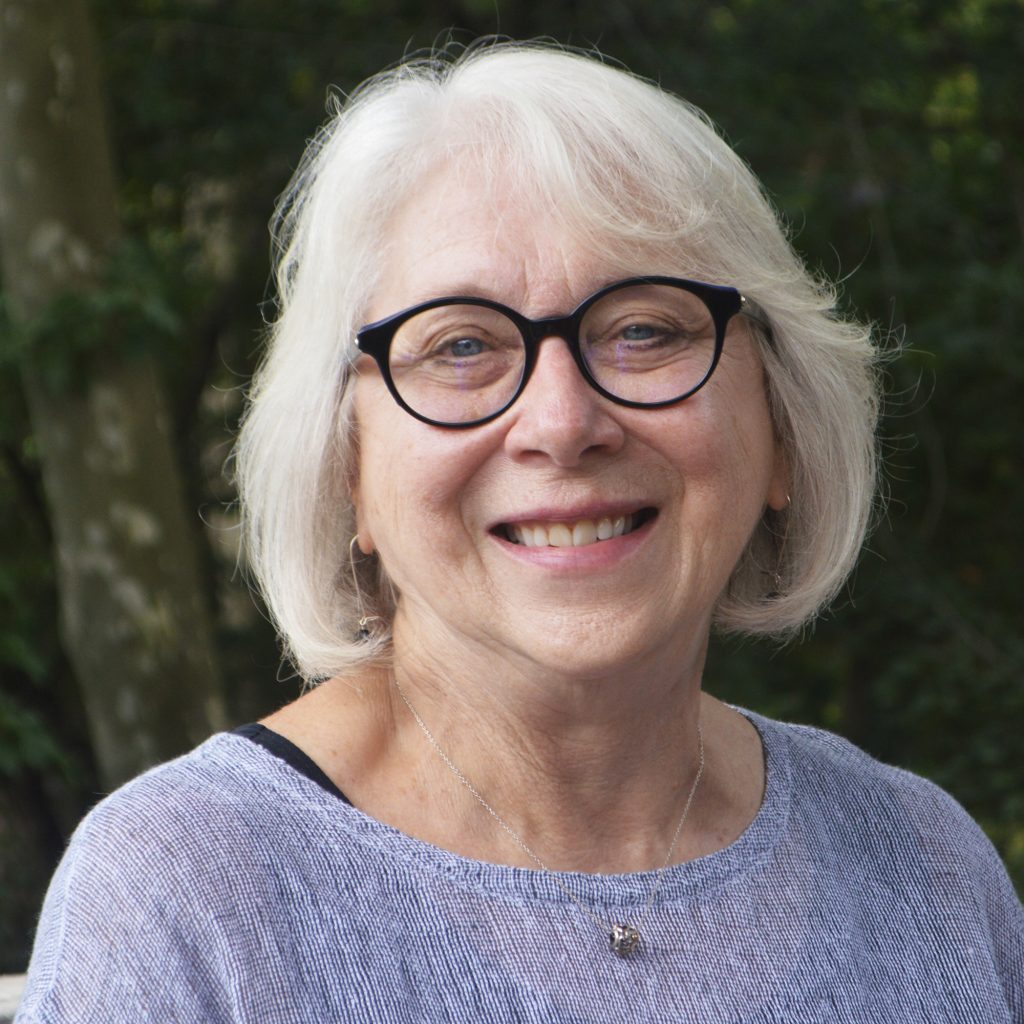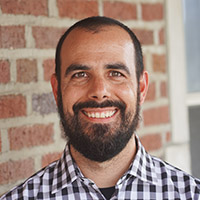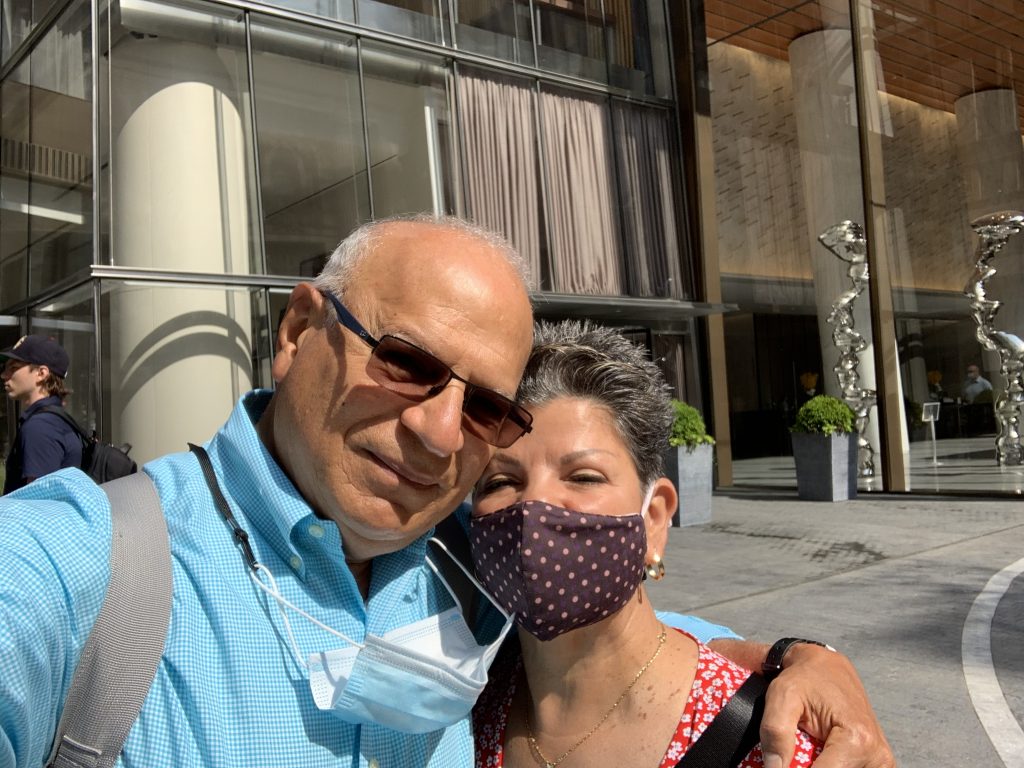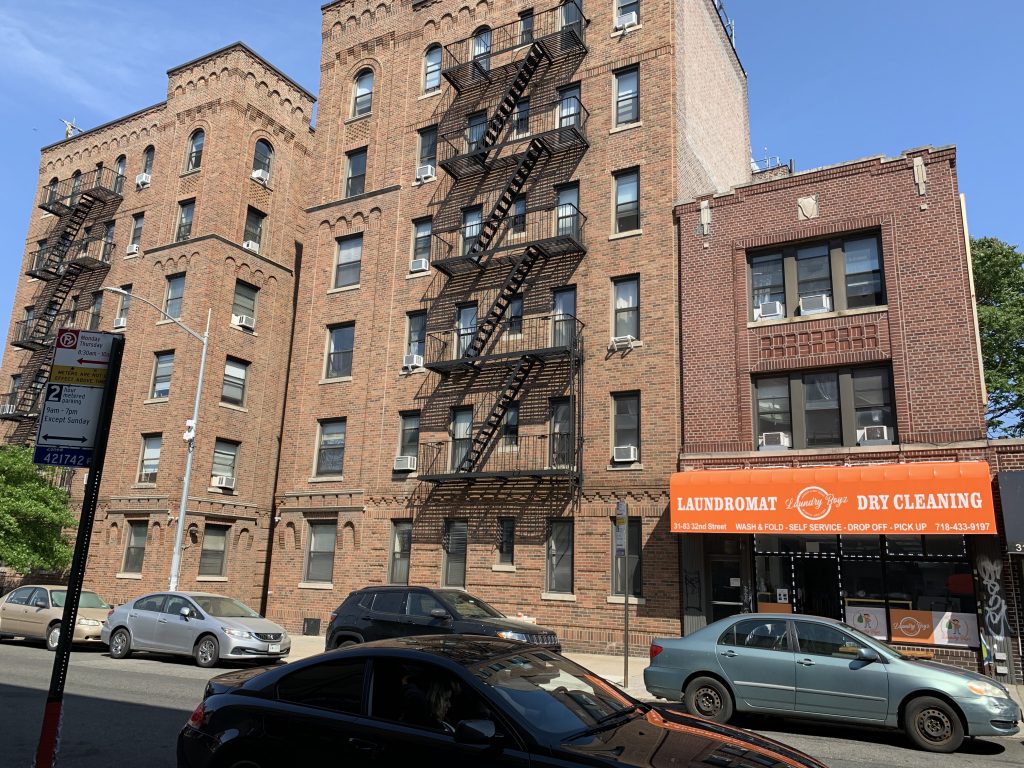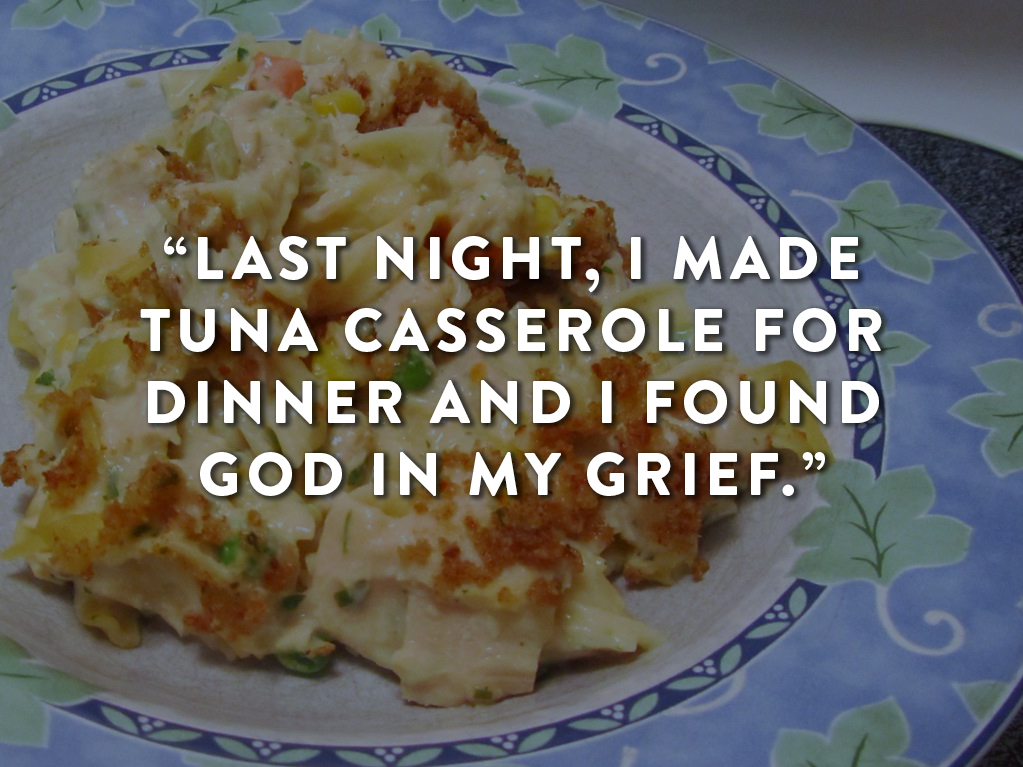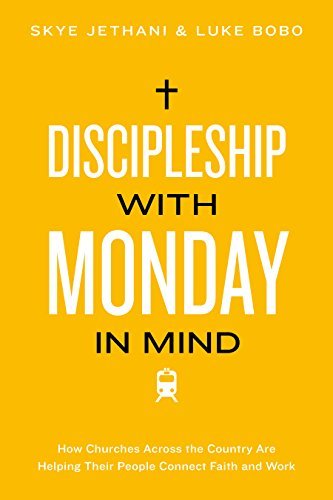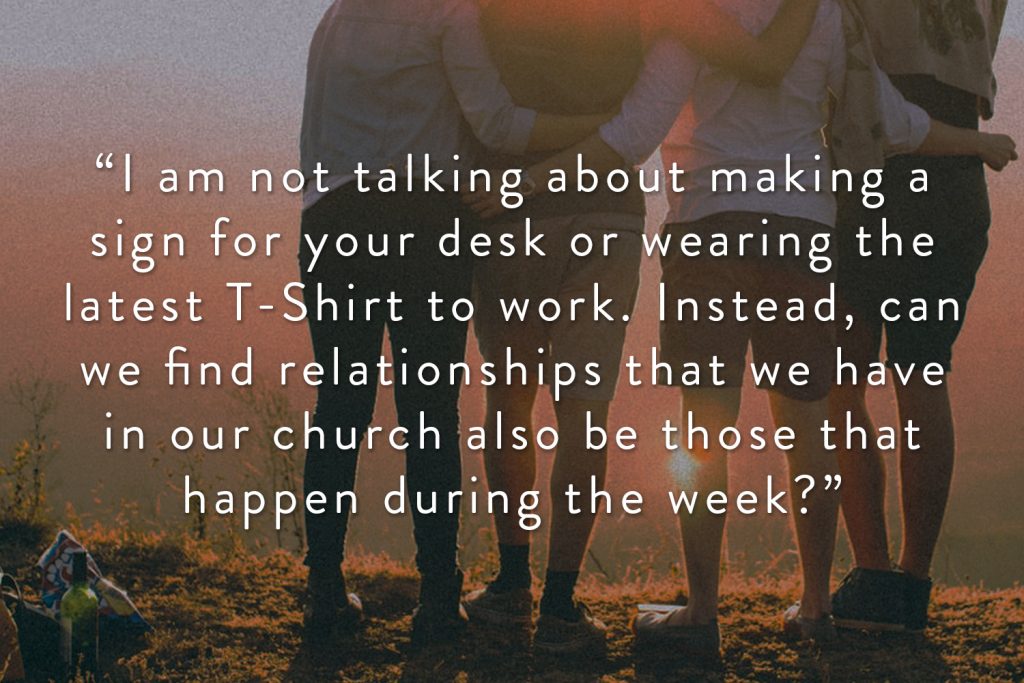by Gary Alloway
“Don’t be helpful. Be curious.” When I first read those words in a book by Tim Soerens, they immediately annoyed me. After all, what could be wrong with being helpful?
Two years ago, Tony moved to my block and Tony was a mess. He and his wife would get in blowout screaming matches on the sidewalk. He would sit in his car at 2 am, blasting his music. He was prone to outbursts at his kids, who are the same age as our kids. My attempts to fix, intervene, and correct all went poorly. Until one day, I decided to take a cold beverage over to Tony’s house and kick it.
I found out that Tony had grown up in a very under-resourced neighborhood in Philadelphia and gotten pulled into violence as a teenager. Bristol was his way out. I found out he sat in his car at 2 am as an escape, and was blissfully unaware of how loud his music was. I found out he wanted nothing more than a quiet life–to work, to raise his kids well, and to have his home be a place of peace.
And after that conversation, things changed. Whatever help we offered was no longer in order to fix Tony or to be his social worker. Now we were neighbors, friends, and parents just trying to raise our kids well. We were in it together. And Tony started showing his generous side. He cut our grass. He dropped off food. He gave me a pair of shoes. And I helped him plant flowers on his front porch for the first time in his life. We walk Tony’s kids to school every morning. We sneak them as much healthy food as we can.

It’s not so much that being helpful is wrong. But when it’s our first instinct, it usually leads to standing over the other person, rather than standing next to them. They become our client or our project, rather than our brother or sister. Not only does this belittle the other person, but we also miss out on unlikely friendships that have a way of changing us deeply.
I can’t fix Tony. But being his friend is pretty fun. Curiosity opens the way to friendship. And curiosity opens space for the true healer of his soul to work. Not me, but Jesus.
So that’s my commission to you. Let that little phrase annoy you. “Don’t be helpful. Be curious.”
Let it change your posture. Let it create space for God to work. You just might end up friends with Tony.
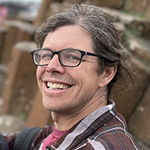
Gary Alloway
Gary Alloway is a Leadership Minister for Mosaic Conference. Gary is also a pastor and church planter of Redemption Church of Bristol (PA), which is a Mosaic Partner in Ministry and was founded in 2009. Gary serves with his wife, Susan, and his children, Augie (9) and Rosey (7), who deeply love pretzel dogs from the Bristol Amish Market. Gary has a passion for Philadelphia sports, crossword puzzles, and for seeing broken people connect to the amazing love of God.
Mosaic values two-way communication and encourages our constituents to respond with feedback, questions, or encouragement. To contact Gary Alloway, please email galloway@mosaicmennonites.org.

